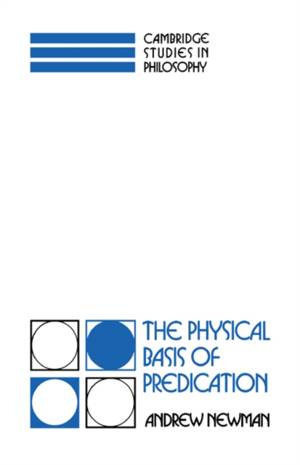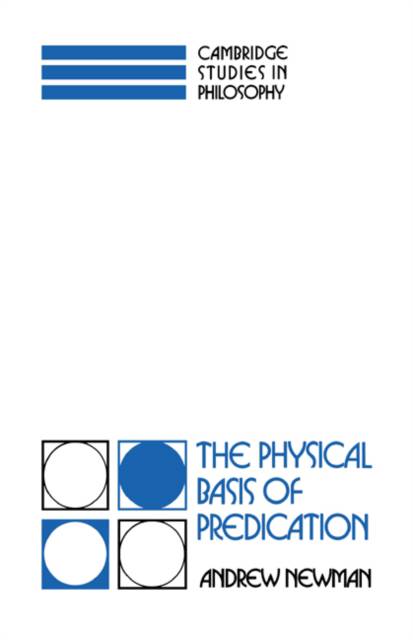
- Afhalen na 1 uur in een winkel met voorraad
- Gratis thuislevering in België vanaf € 30
- Ruim aanbod met 7 miljoen producten
- Afhalen na 1 uur in een winkel met voorraad
- Gratis thuislevering in België vanaf € 30
- Ruim aanbod met 7 miljoen producten
Zoeken
Omschrijving
This is a book about some of the basic concepts of metaphysics: universals, particulars, causality, and possibility. Its aim is to give an account of the real constituents of the world. The author defends a realistic view of universals, characterizing the notion of universal by considering language and logic, possibility, hierarchies of universals, and causation. On the other hand, he argues that logic and language are not reliable guides to the nature of reality. All assertions and predications about the natural world are ultimately founded on "basic universals," which are the fundamental type of universal and central to causation. A distinction is drawn between unified particulars (which have a natural principle of unity) and arbitrary particulars (which lack such a principle); unified particulars are the terms of causal relations and thus real constituents of the world. Arbitrary particulars such as events, states of affairs, and sets have no ontological significance.
Specificaties
Betrokkenen
- Auteur(s):
- Uitgeverij:
Inhoud
- Aantal bladzijden:
- 288
- Taal:
- Engels
- Reeks:
Eigenschappen
- Productcode (EAN):
- 9780521411318
- Verschijningsdatum:
- 30/10/1992
- Uitvoering:
- Hardcover
- Formaat:
- Genaaid
- Afmetingen:
- 140 mm x 216 mm
- Gewicht:
- 512 g

Alleen bij Standaard Boekhandel
+ 406 punten op je klantenkaart van Standaard Boekhandel
Beoordelingen
We publiceren alleen reviews die voldoen aan de voorwaarden voor reviews. Bekijk onze voorwaarden voor reviews.







